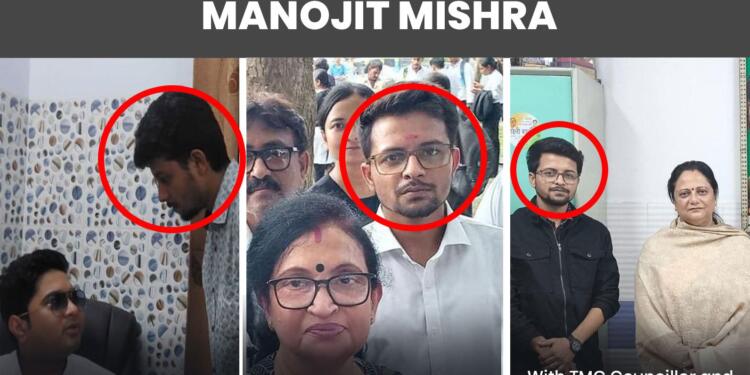A senior Trinamool Congress MP’s comments on the shocking alleged rape of a 24-year-old law student in Kolkata have stirred controversy, drawing sharp criticism from the opposition and social media users alike.
Kalyan Banerjee, the Trinamool MP from Sreerampur, was responding to media queries about the recent gang-rape case at South Calcutta Law College when he appeared to dismiss broader responsibility by saying, “What can be done if a friend rapes a friend? Will the police be present in schools?”
His comments, perceived as downplaying institutional accountability and focusing blame solely on individual behavior, have sparked outrage. The BJP slammed his remarks as “disgraceful” and accused the ruling party of protecting individuals with political links.
Banerjee further said, “This crime was committed by students against another student. Who should protect her? Who commits these crimes? Men. So women should fight against these perverted men.” When asked about the accused’s alleged connections to the Trinamool Congress’s student wing, he deflected: “Crime isn’t exclusive to any political party. Whoever did this should be arrested. But how is this corruption?”
When pressed further by reporters, the MP accused the media of having a “political agenda.”
The Case: What the Survivor Alleges
The incident, which took place on Wednesday evening, involves the alleged gang rape of a first-year law student inside the college campus. According to the police complaint, the survivor was lured into a guard’s room near the student union office by three men: 31-year-old Monojit Mishra, a former student and criminal lawyer, and two current students — 19-year-old Zaib Ahmed and 20-year-old Pramit Mukhopadhyay.
Inside the room, the survivor says Mishra raped her while the other two restrained her and looked on. She claims she was hit on the head with a hockey stick and denied an inhaler during a panic attack. The attackers allegedly filmed the assault and threatened to kill her if she spoke out.
A medical report confirmed physical injuries, including bite marks, scratches, and signs of forced sexual assault. All three accused have been arrested and remanded to police custody. Their mobile phones have been seized for forensic analysis, including a search for potential videos of the crime.
Political Fallout
The case has taken on political dimensions after the survivor named Mishra as someone with strong ties to the college’s Trinamool student wing (TMCP). “He was an ex-student and the de facto leader of the TMCP unit in the college,” her statement to police read.
Photos of Mishra posing with prominent Trinamool leaders — including party MP Abhishek Banerjee and State Health Minister Chandrima Bhattacharya — have since gone viral. The BJP has used these images to accuse the ruling party of shielding those involved in serious crimes.
“Political protection for rapists must stop,” said BJP leader Suvendu Adhikari, who also called for statewide protests and demanded the state government take accountability.
TMC’s Response and Damage Control
Facing public pressure, Trinamool leaders moved quickly to do damage control. State Women and Child Development Minister Dr. Shashi Panja told the media on Friday: “We will not politicise the trauma of a woman. The police are acting swiftly, and party affiliation will not shield the accused.”
Dr. Panja also turned the criticism back on the BJP, accusing them of blocking the Aparajita Bill, a proposed state law recommending the death penalty for rape, at the national level. “Don’t speak of women’s safety while obstructing protective legislation,” she said.
TMCP state president Trinankur Bhattacharya distanced the student wing from the accused. “Our unit in that college has been defunct since 2019. He last held a role then. He has not been a part of any committee since 2022. The party doesn’t matter — he is a rapist and must face justice,” Bhattacharya said.
A Disturbing Pattern
The incident has drawn comparisons to last year’s rape and murder of a medical intern at RG Kar Medical College — another high-profile case that raised questions about safety for women on educational campuses in West Bengal.
As the investigation continues, public anger and political debate over the latest case show no signs of subsiding. For many, the question isn’t just about justice in this specific incident, but about systemic failure, accountability, and the kind of response victims and survivors deserve.























